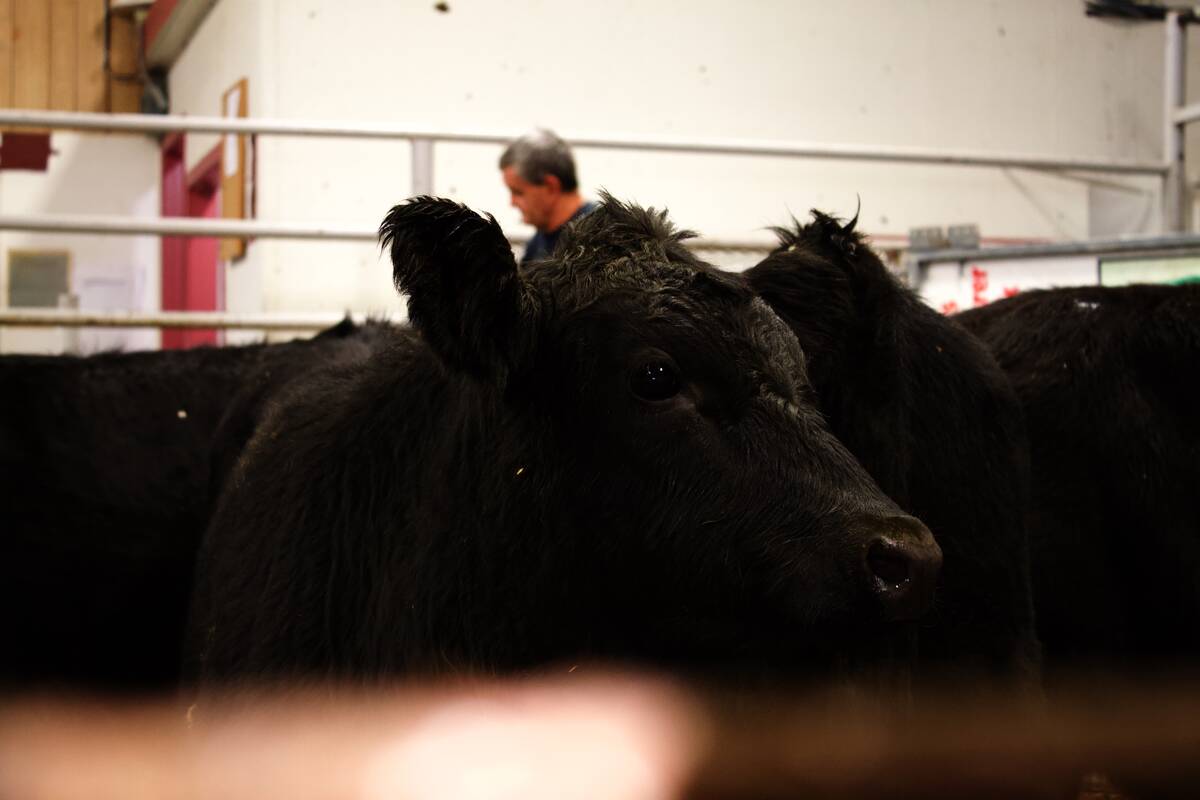While some countries may still be slapping import-limiting tariffs on Canada’s canola, the industry warns it’s still "uniquely susceptible" to the sort of non-tariff barriers now emerging at an increasing rate.
Both types of barriers, in key export markets, are cited as a target in the Canola Council of Canada’s new market access strategy — and will require government support to overcome, the council said as it released the strategy Monday.
Canola remains Canada’s largest cash crop, and more than 85 per cent of canola growers’ annual production now goes for export as seed, oil or meal, the council said. Between the crop’s production, processing, handling and marketing, canola contributes $15.4 billion to the Canadian economy per year, and "nearly all of this is dependent on market access," council president Patti Miller said Monday.
Read Also

U.S. livestock: Cattle rally, hogs rise
Chicago cattle rallied on Monday. Lean hogs also rose. Most-active April live cattle futures closed at 239.525 cents a pound,…
The first of four priorities in the council’s plan calls for an end to tariffs that make Canadian canola more expensive for importers — an issue that’s "especially relevant for oil in Europe, seed and oil in China, oil in Japan, and oil in Korea," the council said, also noting tariffs on meal bound for Thailand, Vietnam and Indonesia and on oil into India and Thailand.
In China, for example, soybean imports are hit with a three per cent tariff where canola draws a nine per cent tariff. Chinese crushers, the council said, will switch from canola to soybeans based on price. In 2011 alone, the tariff differential made canola about $34 per tonne more expensive than soybeans.
A second priority focuses on importing countries’ sanitary and phytosanitary (SPS) measures around concerns such as insects, food-borne pathogens, plant diseases and weed seeds as well as maximum residue limits (MRLs) for pesticides.
"While such provisions can ensure the safety of the food supply and environment within Canada and importing countries, it’s important that these measures support an open, unencumbered and predictable international trade environment for canola and canola products," the council said.
Most notable among those has been China’s concerns about canola seed testing positive for blackleg, which led to a quarantine order in 2009-10. The industry and government have since "worked to build understanding and implement provisional measures" which helped clear the way for over 2.9 million tonnes of canola seed, worth over $1.8 billion, bound for approved Chinese destinations in 2012, the council said.
Third, the council noted how importing countries are more often factoring in environmental considerations when formulating trade policies. The council wants to see a standardized, international methodology adopted to define "sustainability" so such policies can’t be used to bar market access, or as "tools for protecting uncompetitive agri-industrial sectors."
Thus the strategy also calls for monitoring of U.S. and EU policy development "to ensure that the environmentally sustainable practices of the Canadian industry are recognized."
"Do not restrict"
The council’s strategy also urges an international focus on regulations — for biotechnology and other "new innovations" — that are "based in science and do not restrict market access." Priorities in the strategy include "synchronous" international approvals for biotech traits, joint recognition of risk assessments, and effective policies on the "low-level presence of unapproved biotech traits."
Where the industry is "best positioned to identify and prioritize market access issues," government is "instrumental in working toward solutions," the council said.
The federal agriculture department’s Market Access Secretariat, set up in 2009, is "an effective co-ordinating body" for the government, the council said, bringing together "policy intelligence, expertise and commitment" from across government.
Canada, in recent years, has focused its free-trade agenda on "significant economies" — an approach the council said should continue. "To be able to profit from Canadian innovation and competitive business practices, Canada needs to be more effective at achieving meaningful free trade agreements," the council said.
Furthermore, the council said, while Canada is "blessed with an excellent public service and highly skilled trade negotiators," if the government hopes to handle the volume of bilateral and regional trade negotiations underway now and in the future, "there remains a need for more well-trained trade negotiators."
Related stories:
Canada formally joins Trans-Pacific trade talks, Oct. 9, 2012
Canada launches trade talks with Japan, eyes Thailand deal, March 26, 2012
China to partially lift ban on Canadian canola: trade, March 1, 2012















